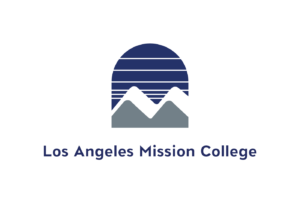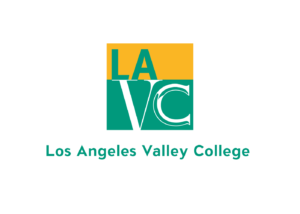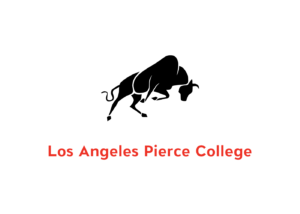Frequently Asked Questions
REVERSE TRANSFER
& CSUN CONNECTIONS
What is Reverse Transfer?
Why Focus on Reverse Transfer?
What is CSUN Connections?
How is CSUN Connections Implementing Reverse Transfer?
What are the benefits associated with completing an associate degree?
PATHWAY: CLAIM WHAT YOU’VE EARNED
What is Claim What You've Earned?
How are students being contacted regarding their eligibility for Claim What You’ve Earned?
The CSUN Connection partners have leveraged IntersectLA at CSUN, a student-run creative agency to develop communications tools and outreach materials for the Claim What You’ve Earned project. IntersectLA has developed a project website and other materials that will be utilized for student outreach. Visit the project website at www.csunconnections.org. The CSUN Admissions Office will send students an initial email communication to notify students of their progress toward an associate degree. CSUN will send this communication to all student email addresses on file, including previous CSUN and community college email accounts. “Completers” who have already met all associate degree requirements will be advised of their status and instructed on how to receive their degree. “Near-Completers” who have a few credits left to go will be notified of their status and advised on how to reenroll at the community college. The email communication will also list the primary points of contact for CSUN and for the student’s home community college, as well as a link to Frequently Asked Questions (FAQs). Contact your community college:
PATHWAY: REROUTE TO SUCCESS
What is Reroute to Success?
Why was the Reroute to Success pathway developed?
These students set out to earn a bachelor’s degree. Why are we encouraging them to enroll in community college?
How are students being contacted regarding their eligibility for Reroute to Success?
The CSUN Admissions Office has sent all disqualified students an email communication to notify them of their academic standing. In late July, students will receive another communication detailing their options for reinstating their status at CSUN, including the Reroute to Success pathway. The email communication will list the primary points of contact at CSUN and at the three CSUN Connections partner community colleges; students will be directed to contact the CSUN Connections representative at their nearest community college for additional information. Students can also find additional information on the project website, www.csunconnections.org, which was developed by IntersectLA, a student-run creative agency at CSUN.
How is each community college implementing Reroute to Success?
Each community college has designated a primary point of contact for CSUN Connections. This contact person will work closely with Reroute to Success students to help them understand their options for enrolling in community college. Understanding that disqualified students have had negative experiences while trying to navigate college, CSUN Connections advisors should provide proactive and individualized support with administrative processes (i.e. admissions, applying for financial aid, completing an educational/transfer plan, registering for courses, etc.) and work to anticipate and remove any potential barriers. The CSUN Connections advisor should serve as a “onestop” point of contact who can assist the student from start to finish so that the student does not have to bounce between numerous individuals working across multiple offices or departments within the community college.
CSUN Connections
© California State University, Northridge
18111 Nordhoff Street,
Northridge, CA 91330




